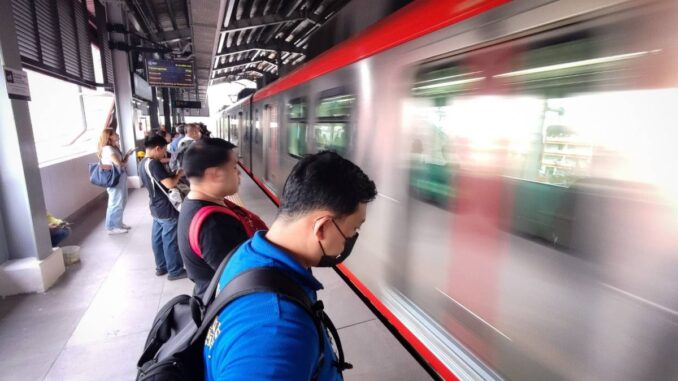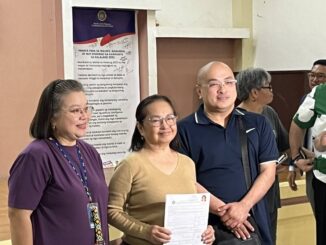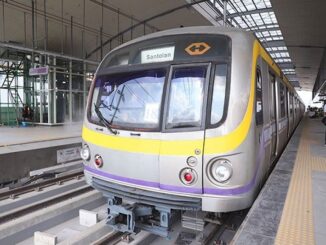
A PUBLIC hearing was set for today, Jan. 9, to address the proposed fare increase submitted by the Light Rail Manila Corp. (LRMC), the private operator of LRT Line 1.
This proposal builds on the 2022 fare application but differs from the rates approved in 2023, drawing significant criticism from commuter groups and activists.
LRT-1’s current fare structure, approved in 2023, charges commuters a base fare of P13.29 plus P1.21 per kilometer. Under the new proposal, LRMC seeks to implement higher fares, significantly affecting various types of passengers.
Short-distance commuters traveling up to 5 kilometers would see an average increase of P8.65, while mid-distance passengers traveling between 6 and 16 kilometers — approximately 30 percent of LRT-1’s ridership — would experience an average increase of P6.02.
Long-distance passengers traveling more than 16 kilometers would face an average fare increase of P12.50.
For single journey tickets, the maximum fare for end-to-end trips would rise from P45 to P60, with the fare for shorter routes like Dr. Santos to Quirino increasing from P30 to P40.
Stored value tickets would see similar adjustments, with maximum fares increasing from P43 to P58 and shorter trips would be from P26 to P36.
Progressive groups, including Bayan, have strongly opposed the proposal, which they describe as the second fare hike under the Marcos administration.
They argue that the increase will impose an undue burden on commuters.
A P10 increase per trip would translate to an additional P20 daily expense, or approximately P400 per month, at a time when wages have remained stagnant, and inflation has accelerated.
Critics also pointed to provisions in the 2015 Concession Agreement that entitle LRMC to a 10.25 percent fare increase every two years without requiring justification beyond contractual terms. This clause, they argue, prioritizes corporate profits over public welfare.
Activists have also criticized the Department of Transportation (DOTr) for what they consider inadequate transparency and accountability in handling the hearing process.
Bayan said it received the hearing notice at 1 a.m. on Jan. 8, less than 24 hours before the scheduled hearing. This, they claim, reflects a lack of genuine public consultation and a perfunctory approach to due process.
LRMC has defended the proposed fare hike, citing improved services and public acceptance.
However, critics argue that these claims fail to justify the significant burden on commuters, particularly those already struggling with rising costs of living.
Bayan urged commuters to attend the hearing and voice their opposition, emphasizing that the Marcos administration holds ultimate responsibility for the fare increase.
Under its concession agreement, LRMC’s notional fare shall be adjusted on Aug. 1, 2016, and every second anniversary thereafter by an effective rate of 5 percent per annum or 10.25 percent per adjustment.
This means that the private operator LRMC is entitled to a 10-percent fare hike every two years.
“While [LRMC] has no obligation to justify contractual fare adjustments under the Concession Agreement, it wishes to point out, on a without-prejudice basis, that it, while it is aware that a P4.864 increase may be significant for some of its passengers, however, petitioner [LRMC] believes that passengers understand and accept fare increases in exchange for improvements in the system and service,” the company said in its petition.
LRMC said that it has implemented significant operational improvements, rehabilitation projects, and system upgrades to the existing system since it took over on Sept. 12, 2015.
“While it is not required under the Concession Agreement as a condition for the grant of a fare increase, these improvements further support the reasonableness and fairness of, and further justify, the increase,” it added.





Be the first to comment